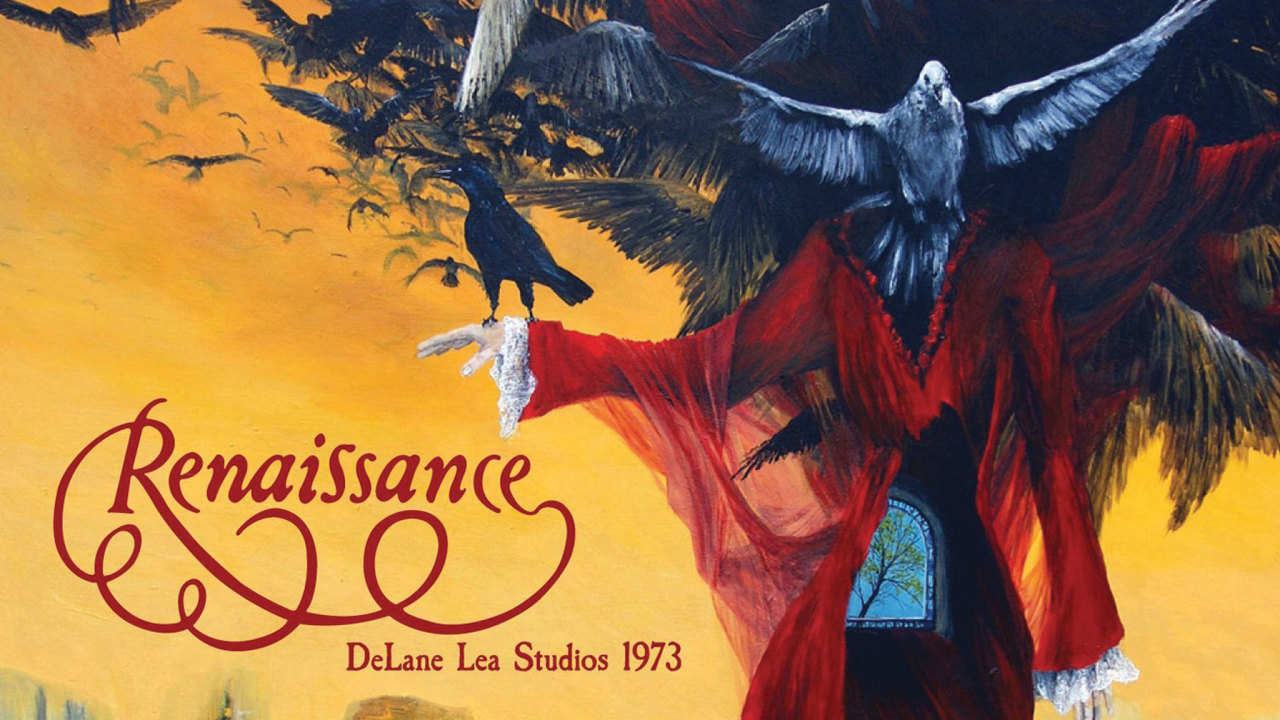Renaissance were always an acquired taste. Their shifts between folk, jazz and neo-classical arrangements place certain demands on the listener, requiring them to go with the lack of flow.
Only rarely did the group, who frequently turned their noses up at electric guitars and synthesisers, do anything that could pass as ‘rock’, but there remains a kind of progressive heroism in their eschewing of the obvious at every turn. Annie Haslam’s rarefied, pure voice also takes their sound far away from any territory marked by convention or cliché.
There’s heroism in how they eschew the obvious at every turn.
This unpredictability is both a boon and a problem. When Wishbone Ash’s Andy Powell joins in with an elongated guitar solo on one of the epic versions of Ashes Are Burning here, the part of you that enjoys the familiar breathes a sigh of relief. At the same time you feel guilty, as if you should be grafting harder to completely grasp the appeal of Renaissance’s strange brew of innocence and idealism, without requiring such sops.
The first of these two rare 70s live albums is an in-the-studio live recording, performed in front of just a few friends and with Powell and Al Stewart guesting on the aforementioned climax. The ’74 offering, a double, focuses on that Ashes Is Burning album and arguably possesses greater atmosphere. Sadly there’s a lot of between-song chit-chat and waffling spoken introductions from our hosts (Haslam and Jon Camp), which water down the weird alchemy of their fantasy world.
The DeLane Lea album is, like all Renaissance’s work at the time, rich with virtuoso technical trickery and tightness, while Haslam’s vocal leaps out of the speakers. Again, this isn’t always a good thing: we’re so used to voices that sit cosily in the mix that sometimes her extraordinary qualities – often cooing something twee like ‘fa la la’ – come across as pitchy shrillness. Yet stick with it, and tracks like Sounds Of The Sea and Carpet Of The Sun are engaging and emotive, smart enough to not overplay their hands.
At the Academy Of Music, there’s an even bigger sound transmitting the beguiling mysteries of Cold Is Being and Things I Don’t Understand. As well as another journey through Ashes…, we get fan-favourite Mother Russia, a chillier take on their musical-historical travelogue motifs. The orchestral arrangements are lushly bombastic while Haslam targets the sweet spot of drama rather than melodrama. Renaissance hit their majestic stride on these welcome discoveries, but do be prepared for their idiosyncratic intelligence.

